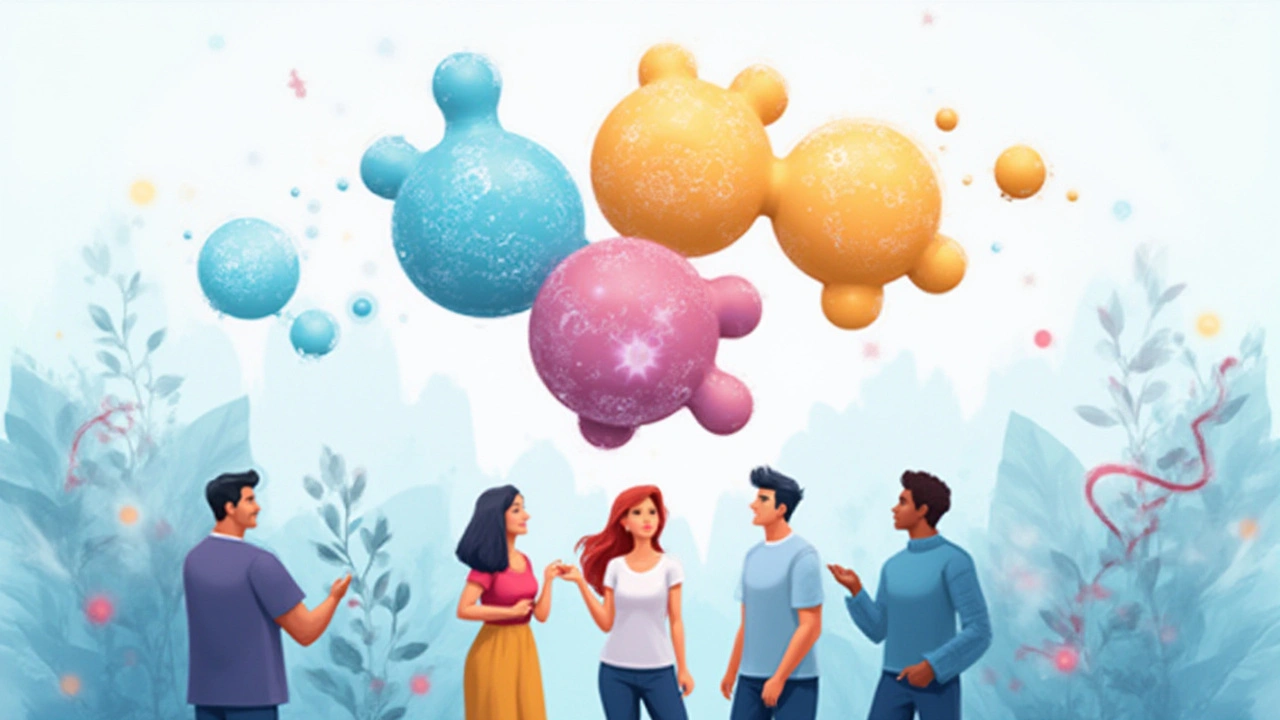Early HIV Testing – Quick Guide to Save Lives
Finding out you might have HIV can be scary, but catching it early changes everything. The virus spreads fast, but modern tests can spot it within weeks. When you know early, treatment starts sooner, the immune system stays stronger, and you lower the chance of passing it on. That’s why a quick test is one of the smartest health moves you can make.
Why Test Early?
First off, early detection means you can begin antiretroviral therapy (ART) before the virus does too much damage. Studies show people who start ART within the first few months keep higher CD4 counts and avoid many complications. Second, knowing your status lets you protect partners right away – using condoms or PrEP if you’re negative. Lastly, early testing removes the guesswork. No more endless anxiety about symptoms that might never show up.
Where & How to Get Tested?
Rapid HIV tests are everywhere now. Most community health centers, pharmacies, and even some grocery stores offer free or low‑cost finger‑prick tests that give results in 20 minutes. If you prefer a lab test, clinics can draw blood and send it to a certified lab for a more detailed analysis. Many online services let you order a self‑test kit, mail it in, and receive results securely. Whichever route you pick, look for places that display GPHC or FDA approval – that guarantees quality.
When you walk in, expect a short intake form. You’ll be asked about recent exposures, but you can stay vague if you want; the staff are trained to keep everything confidential. The test itself is painless – a tiny finger stick or a quick blood draw. Results come fast, and if they’re positive, the clinic will walk you through next steps, from confirmatory testing to starting medication.
If you get a negative result, great! Still, keep in mind the window period. Some tests need up to three months after a possible exposure to be accurate. If you think you were exposed recently, ask the provider about a follow‑up test in a few weeks. Regular screening every three to six months is a good habit if you have ongoing risk factors.
Talking about HIV doesn’t have to be awkward. Many clinics offer anonymous counseling, and some have peer counselors who’ve lived the experience. They can explain what the meds do, how to manage side effects, and how to keep a normal life. Remember, an HIV diagnosis is now a manageable chronic condition, not a death sentence.
Bottom line: early HIV testing is fast, easy, and lifesaving. Grab a rapid test at your local pharmacy, book an appointment at a community clinic, or order a home kit – whichever feels right. Knowing your status early gives you control, protects loved ones, and puts you on the path to good health. Don’t wait; test today and take charge of your future.
